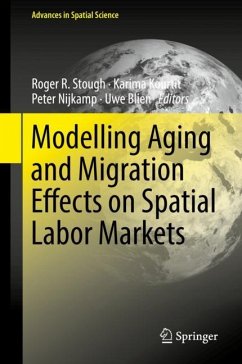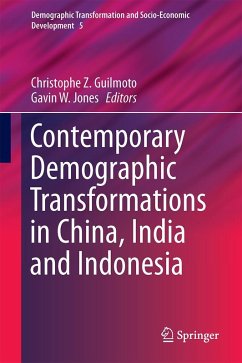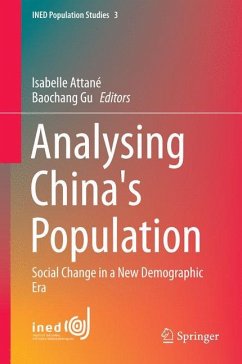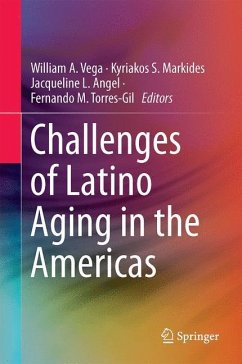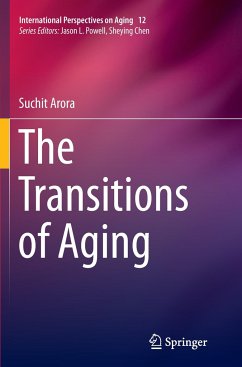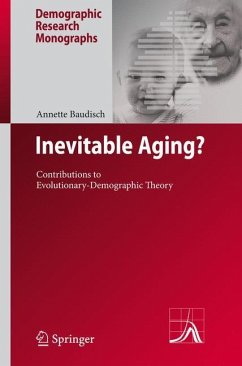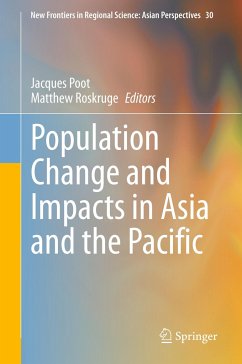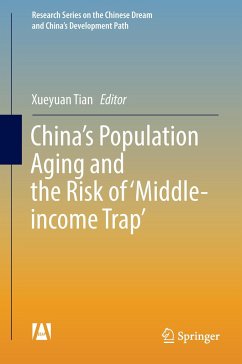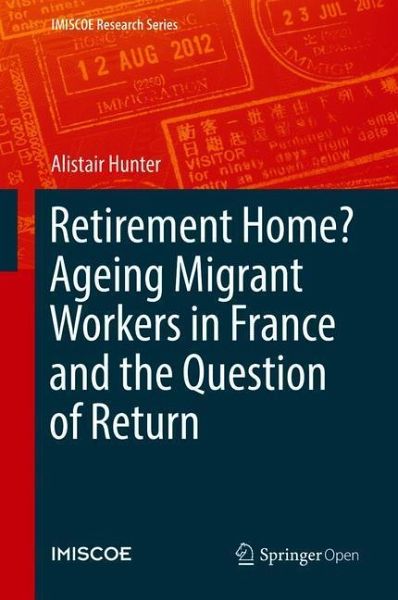
Retirement Home? Ageing Migrant Workers in France and the Question of Return

PAYBACK Punkte
19 °P sammeln!
This open access book offers new insights into the ageing-migration nexus and the nature of home. Documenting the hidden world of France's migrant worker hostels, it explores why older North and West African men continue to live past retirement age in this sub-standard housing. Conventional wisdom holds that at retirement labour migrants ought to instead return to their families in home countries, where their French pensions would have far greater purchasing power.This paradox is the point of departure for a book which transports readers from the banlieues of Paris to the banks of the Senegal ...
This open access book offers new insights into the ageing-migration nexus and the nature of home. Documenting the hidden world of France's migrant worker hostels, it explores why older North and West African men continue to live past retirement age in this sub-standard housing. Conventional wisdom holds that at retirement labour migrants ought to instead return to their families in home countries, where their French pensions would have far greater purchasing power.
This paradox is the point of departure for a book which transports readers from the banlieues of Paris to the banks of the Senegal River and the villages of the Anti-Atlas. In intimate ethnographic detail, the author brings to life the experiences of these older labour migrants by sharing in the life of the hostels as a resident, by observing at close quarters the men's family life on the other side of the Mediterranean as a guest in their homes, and even by accompanying them in their travelsby bus, sea, and air.
The monograph evaluates several theories of migration against rich qualitative data gathered from multiple methods: biographical narrative and semi-structured interviews, participant observation, and archival research. In the process, it offers a thoughtful contribution to broader debates on what it means for migrants to belong and achieve inclusion in society.
This book has been awarded an 'honourable mention' in the Khayrallah Prize in Migration Studies, courtesy of the Moise A. Khayrallah Center for Lebanese Diaspora Studies at North Carolina State University. For more information please see: https://lebanesestudies.ncsu.edu/awards/scholarly/2018.php.
This book has been nominated for the 2019 BSA Philip Abrams Memorial Prize
This paradox is the point of departure for a book which transports readers from the banlieues of Paris to the banks of the Senegal River and the villages of the Anti-Atlas. In intimate ethnographic detail, the author brings to life the experiences of these older labour migrants by sharing in the life of the hostels as a resident, by observing at close quarters the men's family life on the other side of the Mediterranean as a guest in their homes, and even by accompanying them in their travelsby bus, sea, and air.
The monograph evaluates several theories of migration against rich qualitative data gathered from multiple methods: biographical narrative and semi-structured interviews, participant observation, and archival research. In the process, it offers a thoughtful contribution to broader debates on what it means for migrants to belong and achieve inclusion in society.
This book has been awarded an 'honourable mention' in the Khayrallah Prize in Migration Studies, courtesy of the Moise A. Khayrallah Center for Lebanese Diaspora Studies at North Carolina State University. For more information please see: https://lebanesestudies.ncsu.edu/awards/scholarly/2018.php.
This book has been nominated for the 2019 BSA Philip Abrams Memorial Prize





